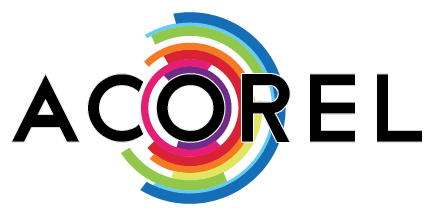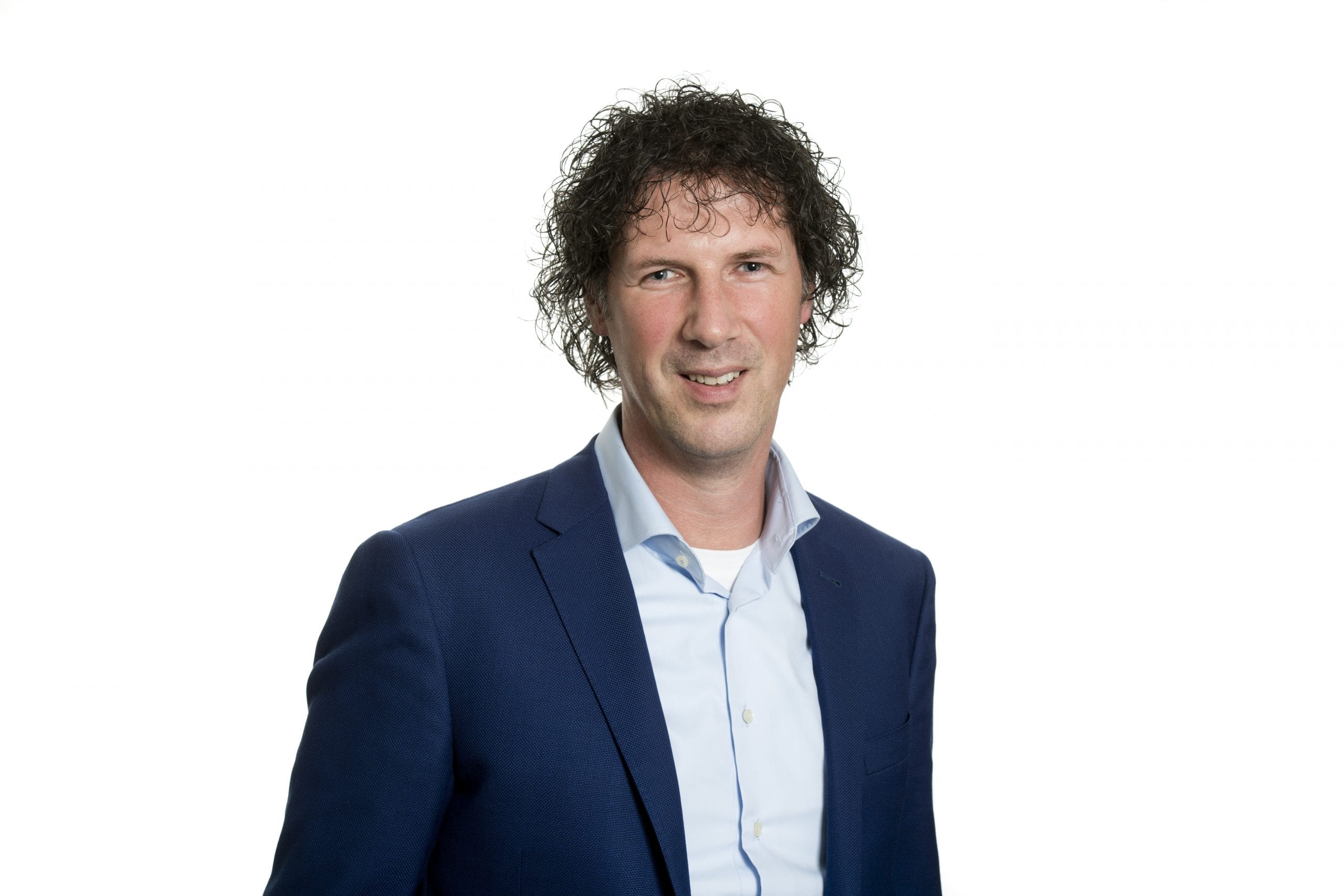Jan Willem Kroneman
Read all my blogsTogether, we get the job done. After various consultations there’s a lot of positive energy. We know what needs to happen. We’ve allocated the tasks and we promise to support each other. We all feel confident. But have we really understood each other? Is this a good starting point?
We’ve decided on the final result of a project or job. The starting point is usually an existing product. But then designed to match the customer’s requirements and needs. During initial consultations, both the customer and implementation partner each have their own ideas about the project result. The same applies to the activities needed to achieve that result and to the assessment of the current situation.
Of course, the customer states that he will take on certain tasks. That’s good. It means that people clearly aim to go for it together. Both parties do this based on previous experiences, knowledge of processes or the years they’ve worked in the organisation.
They progress together and divide up the tasks. The partner will perform certain activities and the customer decides to take on other tasks. We note all this down to make sure that there are no surprises. The tasks have been allocated. The only thing left now is to assign the right people for the job. We can start the race!
Workshops are organised to study everything in more depth. The requirements are discussed in detail. Not everything is clear, so additional actions are planned. Others are also asked to supply information or implement activities.
Over the course of time, the activities change, more people join in and the task allocation changes. Both parties can have an interest in limiting the amount of work because of insufficient expertise, budget or time. However, not starting or only making comments does not contribute to the end result.
This moment is vital to the cooperation. Cooperation is effective if we make time for regular and concrete workload discussions. This should be an interim evaluation. Or retrospectives part of the approach used by Acorel.
Maximum effort is not needed to achieve tasks with the customer, but ongoing harmonisation and focus is required. Are we balanced as a team? Are we aware of each other? Are we achieving the right results? Do we complement each other enough?
Ongoing mutual coordination and focusing on each other’s challenges enable us to make the most of the cooperation. We should offer support when that’s needed. It is not about winning the competition but about being champions together.
Finally, timing is also a factor. Not everyone makes a flying start. But not everyone is a diesel engine either, with a big radius of action. The main thing is that everyone starts on time. As implementation partner you are, after all, bound by a lead time. Not implementing the activities collectively can have a significant impact. It’s like a pit stop team. All wheels need to be changed. The last wheel fitted is the one that counts. None of those involved feel energised if they see that they need to wait.
In short, it’s better to start than to have nothing to finish off. But ongoing coordination and the awareness that the workload can change over time is vital. You can finish successfully by being transparent about this.





